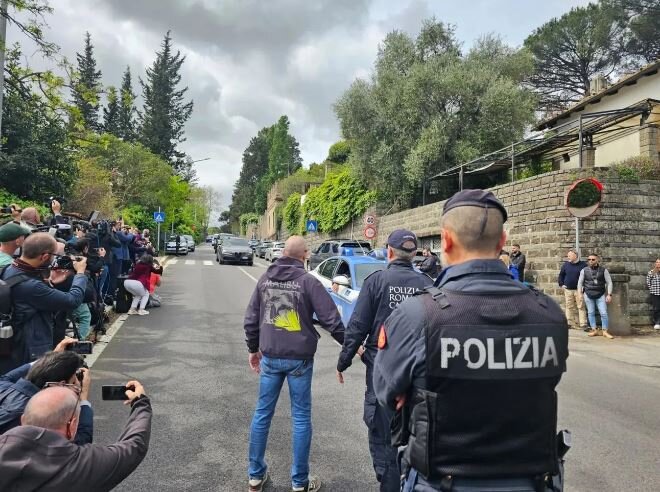Tehran – The Western government has long used the media as a political tool. They use it to justify crimes against other countries, manufacture consent to future countries, and deny their enemies. This practice is as old as World War I, and it is essential that both sides create stories through newspapers, posters, films, speeches and comics to convince people that it is essential that they sacrifice their lives for a catastrophic conflict of destruction.
In the modern world, media offers additional channels of operation to the Western states. It can be used to pressure the enemy in diplomatic negotiations, force more concessions, and shape the narrative around the resulting agreement.
In the case of the Joint Comprehensive Action Plan (JCPOA), the Western grip on the media and the resulting propaganda campaign have created a major hurdle for Iranian negotiating teams. The US and European parties in the 2015 deal (Germany, France, UK) created uncertainty among other factions of the Iranian government about what is actually happening in Vienna. They also managed to spread unrest in the region’s Arab countries. The area had much lower friendship with Tehran at the time.
However, the most important influence in the West was the persistent recognition of the JCPOA. The first fact sheet publication of the Wall Street Journal omitted Western concessions, portraying the deal as Western victory and Iranian losses, and fostering anger towards the Iranian negotiation team.
Tehran is now again taking part in negotiations on the nuclear program after the JCPOA was confused by US President Donald Trump in 2018. But this time the Iranians are even more vigilant and somehow it’s hard to believe America’s lies.
Trump, who returned to the White House in January, has already made several attempts to shape the talks for his benefit. Shortly before talks begin on April 12, he said the talks will be held in person during a meeting with Israeli Prime Minister Benjamin Netanyahu. His other attempts involved claiming that Iran agreed to come to the negotiation table because he feared the threat of military action. However, the reality is that earlier information obtained by the Tehran Times shows that Iran only agreed to join the consultations, as he said in a letter sent to the leaders of the Islamic Revolution that he was willing to discuss only the country’s nuclear program in West Asia and not mention its military and foreign policy.
Meanwhile, Iranian officials have been actively working to communicate the status of consultations and counter misinformation. Iran’s Foreign Ministry spokesmen Esmail Baghai and Foreign Minister Abbas Aragchi will report on the session as soon as they are finished. And some Iranian media have informed the Tehran era that accessing the Ministry of Foreign Affairs for these indirect negotiation briefings would be easier than during the JCPOA development in the 2010s.
Of course, this is thorny on the West and its stenographer side. In the first round of indirect discussions in Oman, only one media outlet from both sides was allowed to enter Muscat. However, in the second round in Rome last week, far more journalists raided the place of the lecture.
Some American media apparently were worried about the fact that Iranian negotiating teams allowed Iranian journalists to travel with them to Italy. The Washington Post, for example, claimed that Tehran tried to “control” the story of the lecture. (The conditions outside the compounds are challenging, with long waits and harsh suns that make it difficult to maintain energy. The sustainability of the IRIB reporter was noticeable.)
Similarly, BBC Persian reporters, stationed outside the negotiation facility, tried to demonize the existing Iranian journalists by claiming they were “hand-picked.” Reporters did not specify the basis for this claim or explain the advantages these journalists had over other members of the media covering the event.
The West appears to be opposed to Iranian media covering these developments, as well as Iranian officials making statements. However, they do not seem to be in trouble with their own media, presenting lies and inaccurate information.

